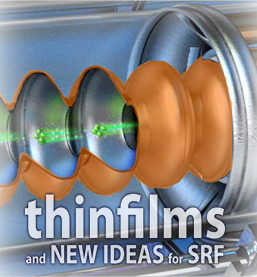Speaker
Description
Nb3Sn is a next-generation material for the SRF accelerator cavities to replace Nb, which promises superior performance and higher operating temperature than Nb because of higher critical temperature and superheating field, both twice compared to Nb. Accordingly, it promises significant cost reduction. The Sn vapor diffusion method is the most preferred and successful technique to coat niobium cavities with Nb3Sn so far. Although several post-coating techniques (chemical, electrochemical, mechanical) have been explored to improve the surface quality of the coated surface, an effective process has yet to be found. Since there are only a few studies available, we annealed Nb3Sn-coated samples at 850 ℃ - 950 ℃ for different periods to study the effect of heat treatments on surface properties, primarily aimed at removing surface Sn residues. Selected annealing parameters were applied to a coated cavity to assess the effect on the RF performance. This presentation discusses the systematic surface studies using samples and the effect of annealing on the RF performance of a coated single-cell cavity

